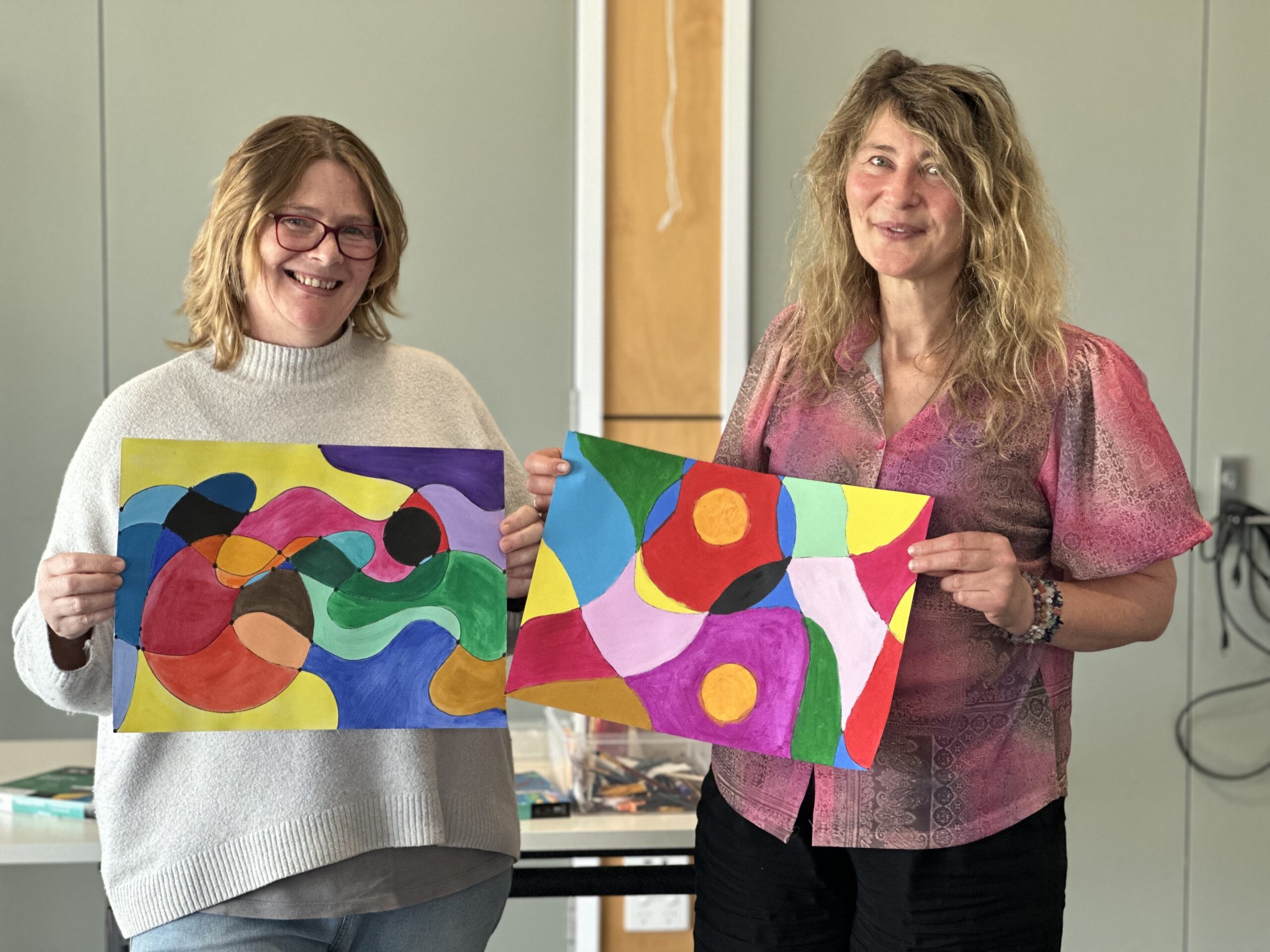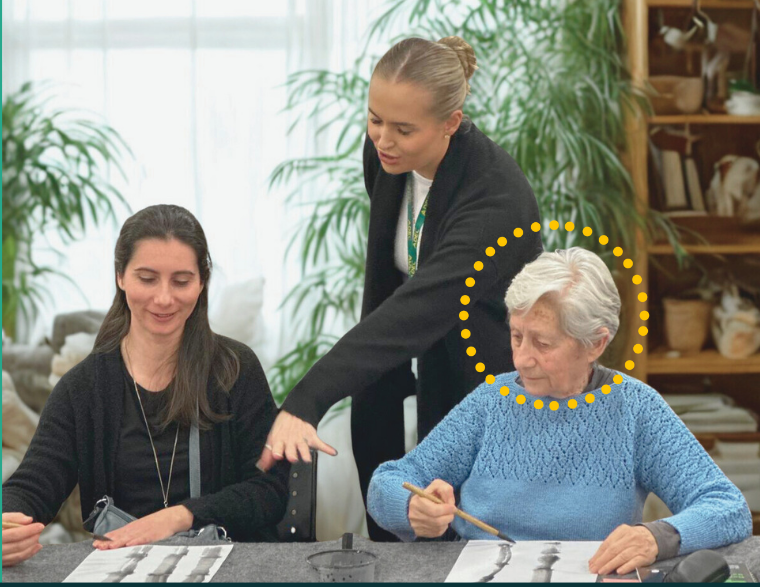Home / Services / Community Programs /
Community Wellbeing Programs
Call us today to join.

Helping people build skills and relationships, healthy lifestyles, and social connections

Our Community Wellbeing Programs help with:
- Providing information and education on topics like looking after your mental health, general wellbeing, upholding your rights, and awareness of domestic/gender-based violence.
- Providing access to other support services within your local area.
- Making your own decisions about the supports you receive.
- Building your skills to speak up for your rights.
- Building and maintaining healthy relationships.



ArtAbility Program
ArtAbility funded and supported by Darebin Council, is a program that enhances the wellbeing of participants, especially those with disability, through art therapy.



Social Connection Program
The Social Connection Program is a series of workshops that aims to improve and maintain participants’ independence and capacity to live safely at home and engage in community activities.
Workshops are held in Brimbank, Whittlesea, and Banyule. They support participants from birth to 65 years of age and Aboriginal and Torres Strait Islanders from birth to 50 years, where their capacity for independence is at risk.
ADEC can assist eligible participants by providing referral pathways to in-home services, community-based health services, meals, social support, and more.



“Women Empowerment” Workshops
The Free “Women’s Empowerment” Workshop series is tailored to support and uplift women from Culturally and Linguistically Diverse backgrounds, including those living with disabilities, mental health challenges, or feelings of isolation. This program features activities such as art therapy, nutrition guidance, cooking, and fitness sessions, all aimed at fostering confidence and personal growth.



“Circle of Wellbeing for Carers” workshops
A series of engaging workshops designed for multicultural and diverse carers. Dive into engaging activities, discover nutritious meal prep, advocacy, fitness, financial support and unleash your creativity with our amazing presenters. The workshops are supported by the Victorian Government.


Why Choose ADEC?
At ADEC we celebrate diversity. We have bilingual staff that can speak over 33 different languages. We provide free translation services, so you know exactly what is happening when we assist you.
Our team is highly qualified and regularly trained. We are a compassionate group, committed to equality, and driven by making a positive impact. We understand the importance of cultural nuances and personal preferences for care.
ADEC has served the community for over 42 years as a not-for-profit. Today we service a very large number of ethnic communities with the widest range of support services.
We believe that everyone deserves to be treated with dignity and respect, and we work tirelessly to advocate for and create positive change in the disability and aged care sectors.
Contact Us
Our Locations
Postal Address
PO Box 40, South Morang, VIC 3752Frequently Asked Questions
Community Development Programmes (CDPs) are strategies employed by governments and non-governmental organizations (NGOs) worldwide to promote social cohesion, economic upliftment, and overall betterment of communities. Community development is a process where community members take collective action on issues that are important to them. It is intended to empower community members and create stronger and more connected communities.
While our primary focus is on CALD communities, some programs and resources may be open to individuals from non-CALD backgrounds. Specific eligibility criteria may apply, and we encourage interested individuals to contact us for more details. Please reach out to us if you are interested in joining our group programs.
Resources












